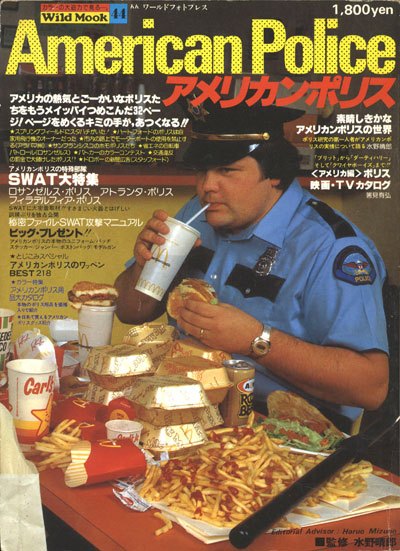Minnesota Appeals Court: Avoiding Police Justifies Traffic Stop
A motorist who avoids a police car is inherently suspicious, according to a ruling handed down by the Minnesota Court of Appeals on Tuesday. A three-judge panel found that even if the officer observed no illegal conduct, a traffic stop and interrogation is justified when a driver seems not to want to be around a patrol car.
On January 23, 2009 at around 3pm, Mario Pacheco had been driving in South Minneapolis. While on Minnehaha Avenue, two city police officers spotted Pacheco’s car, which pulled over and parked on the side of the road after signaling. The officers made a u-turn to get a better look at the vehicle. Returning to the scene about a minute later, they found the car once again driving. Pacheco again signaled, pulled over and parked. The officers conducted a traffic stop and cited Pacheco for driving on a canceled license, but Pacheco appealed on the grounds that police had no reasonable, articulable suspicion of criminal activity to justify the stop.
A district court noted that Pacheco did not make eye contact with the police and that he had violated no traffic laws and therefore suppressed the evidence obtained from the illegal stop. A three-judge appellate panel disagreed, insisting that the officers had reasonable suspicion that a crime was taking place.
“The reasonable-suspicion standard is not high,” Judge Renee L. Worke wrote in an unpublished opinion.
The appeals court had previously been of the opinion that evasive behavior did not justify a stop, but in 1989 the state supreme court overruled the appellate judges in a similar case, Minnesota v. Johnson.
“The district court apparently interpreted Johnson to require an officer to make eye contact with a driver in order for conduct to be considered evasive,” Worke explained. “This is a misinterpretation of Johnson. The supreme court never mandated eye contact as a requisite for evasive conduct. Rather, the supreme court’s discussion of the trooper’s eye contact with the defendant was made in an assessment of the basis for the trooper’s reasonable, articulable suspicion.”
At trial, the officers testified that pulling to the side of the road was behavior inconsistent with how an average citizen behaves and that he thought Pacheco might have been “casing businesses or residences in the neighborhood to burglarize them.” One officer insisted the stop was necessary “to investigate his behavior and to make sure that he wasn’t attempting to commit any crime.” The appeals court believed this was sufficient.
“Viewing the totality of the circumstances in this case, the suspicion caused by respondent twice abruptly parking his vehicle when followed by a squad car is strengthened when the car is traveling through an area that the officers consider to be a high-crime area,” Worke concluded. “Based on the conduct of respondent and the officers’ concern for the area where the stop occurred, the officers exhibited the requisite reasonable, articulable suspicion to justify the stop. Accordingly, the district court erred in concluding that the stop was invalid and suppressing all evidence gathered from the stop.”
A copy of the decision is available in a PDF file at the source link below.
Minnesota v. Pacheco (Court of Appeals, State of Minesota, 7/27/2010)
[Courtesy: Thenewspaper.com]
More by The Newspaper
Latest Car Reviews
Read moreLatest Product Reviews
Read moreRecent Comments
- V8-1 Go hybrid and wait for Toyota to finish its hydrogen engine and generator/separator.
- Poltergeist I expect this will go over about as well as the CR-Z did 15 years ago.
- Michael S6 Welcome redesign from painfully ugly to I may learn to live with this. Too bad that we don't have a front license plate in Michigan.
- Kjhkjlhkjhkljh kljhjkhjklhkjh A prelude is a bad idea. There is already Acura with all the weird sport trims. This will not make back it's R&D money.
- Analoggrotto I don't see a red car here, how blazing stupid are you people?


































Comments
Join the conversation
If he had pulled over and remained parked - you know like if he was parking for some reason other than to avoid the police - there would have been no reasonable suspicion. It's the fact that he pulled over and parked then left after the police passed by then pulled over again a minute later after the police had circled back around behind him. the cops would have to be labotomized not to find that suspicious behavior.
At least the cop does not seem to base the case on a falsification of the facts. Defendant is not questioning the fact pattern. Just relevance and legality of facts. Last one I remember here was with the cop saying something patently dubious and prevailing. It could have gone far worse for defendant, bullets flying and so on.